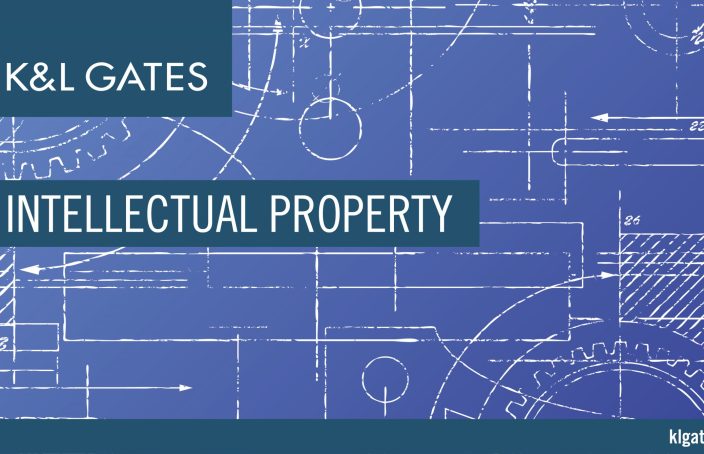Copyright Directive: Italy’s Transposition is Not So Creative and Original
Italian transposition of the Copyright Directive (as defined below) introduces some interesting additions within the free uses regulation, but it might not represent the relevant breakthrough for the press industry that its minor players, as well as the EU legislator, wished for.
BACKGROUND
On 26 March 2019, the European Parliament approved EU Directive 2019/790 of the European Parliament and of the Council of 17 April 2019, on copyright and related rights in the Digital Single Market (the Copyright Directive), which member states were expected to transpose by June 2021 at the latest. Whilst some member states complied with the deadline, Italy only issued its transposition through Legislative Decree 177/2021 on 12 December 2021 (the Legislative Decree) and amended the existing Law No. 633/1941 on copyright and related rights (the Italian Copyright Law).
Read More

